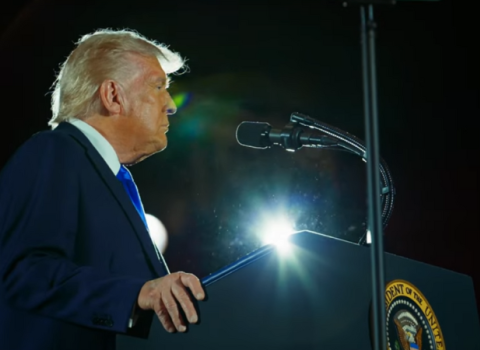
The agency said its findings will attract international interest, “and could potentially affect clinical trials regulation worldwide”.
The expert group will take three months to report and until then the MHRA will take a “precautionary approach” to clinical trial applications of any monoclonal antibody involving first-in-man, regardless of the target, and of any other novel molecule targeting the immune system via a novel mechanism.
In its interim report the MHRA said, “Such trials will not be authorised without having had additional expert opinion on whether the effects seen in the TGN1412 case may be repeated in relation to those substances.”The information released by the MHRA confirmed there was no sign of risk in the animal studies, implying that the mechanism of action of TGN1412 is specific to humans, and raising the question of how such exquisitely targeted drugs should be assessed preclinically.
However, it is not hard to find experts in immunotherapeutics who were surprised the trial was approved, given what is known (and not known), about the role of the target CD28 in the healthy immune system. And since the causes of the effects are not yet known, it is hard to see how even the most senior experts could guarantee it would not happen again.
Simon Best, Chairman of the UK BioIndustry Association, said the association had not had a chance to survey members to find out how many would be affected by this requirement.
While he thinks it is appropriate to set up the expert body, he is anxious that the industry should have a voice in its investigations. To do this the BIA, with its pharmaceutical industry counterpart, the ABPI, has proposed setting up an expert working group from industry. “The MHRA is open to listening to industry expertise on this,” said Best.
Best is concerned also that the scope of the MHRA’s spotlight on first-in-man trials is too broad. “Including all monoclonals may be one layer broader than it needs to be,” he said, suggesting that those aimed outside the immune system, such as MABs targeting cancer antigens on tumours, should be excluded.
Best wants assurances that delays in approving relevant Phase I trials will be minimised. “We will be pressing for any additional time to approve trials to be as short as possible.”
TeGenero put out a statement saying the expert investigation into clinical trials of monoclonal antibodies, “challenges all of us in the biotechnology industry to think again about the safest way to develop new medicines in the future”.
Thanking the MHRA for the conduct of the investigation, the company said, “We are of course saddened that the preliminary findings suggested the unforeseen side effects resulted from the drug itself.”
The brief given to the expert group, to be headed by Gordon Duff, Professor of Molecular Medicine at Sheffield University, is to, “consider what may be necessary in the transition from pre-clinical to first-in-man Phase I studies, and in the design of these trials, with specific reference to biological molecules with novel mechanisms of action; new agents with a highly species-specific action; and new drugs directed towards immune system targets.”
The MHRA said it would release a further statement when the investigation is complete.





 A unique international forum for public research organisations and companies to connect their external engagement with strategic interests around their R&D system.
A unique international forum for public research organisations and companies to connect their external engagement with strategic interests around their R&D system.